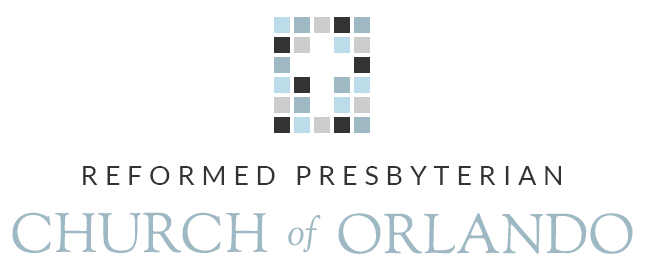What do you think about Martin Luther saying that Revelation should not have the same authority as other gospels?
When we talk about which books should be in the Bible, or have authority, we are talking about “the canon”, a word which comes from the Greek κανών (kanōn), meaning “rule” or “measuring stick”.
The Roman Catholic position on canon is that the church decides which books are canon; however, the reformed position is that the church receives the books of the bible which are canon.
The authority of the Holy Scripture, for which it ought to be believed, and obeyed, dependeth not upon the testimony of any man, or Church; but wholly upon God (who is truth itself) the author thereof: and therefore it is to be received, because it as the Word of God. (WCF 1:4)
It would be backwards for the church to be in a position to say what is and what isn’t God’s word.
For when God made a promise to Abraham, since he had no one greater by whom to swear, he swore by himself (Hebrews 6:13, ESV)
God has nothing greater to swear by, to attest to his Word and promise, than himself. We call that the “self authentication” of scripture. Maybe you saw the movie “The Lion, The Witch, and The Wardrobe”? In it the White Witch asks Aslan, “How do I know you’ll keep your word?”, and Aslan, the creator, has nothing greater to swear by. He roars his majestic and powerful Lion’s roar, and she falls back into her seat, with nothing to say. So also our God speaks and it is so.
Because of that, we should expect to see the character of God stamped on his every Word. We should expect to see his character and Spirit in his Word. And this is what we do see! God’s people recognize his word. This is why Jesus says,
My sheep hear my voice, and I know them, and they follow me. (Jn. 10:27 ESV)
But not all the sheep hear God’s voice perfectly. Some sheep go astray, some sheep get stuck in the bushes, some sheep can hear better than others.
When it comes to Martin Luther, he was, like us, not a perfect sheep, though God used him in mighty ways. Luther counted Hebrews, James, Jude, and the Revelation as “disputed books”. He put them at the end of his translated New Testament, and said in the preface to these four:
“Up to this point we have had to do with the true and certain chief books of the New Testament. The four which follow have from ancient times had a different reputation.”
Martin Luther was mistaken. Michael Kruger, a scholar on canonicity, says this about the book of Revelation:
Revelation’s early reception was quite positive. Perhaps as much as any other NT book, we have evidence for an early, widespread, and consistent reception of Revelation. Our evidence goes back as early as Papias (c.125) and also includes Justin Martyr, Irenaeus, the Muratorian Fragment, Hippolytus, Clement of Alexandria, Tertullian, and Origen. That is an impressive list.
But again, although this is useful to know, the authority for which the book of Revelation ought to be believed and obeyed does not depend on any man or church, but wholly on God himself. So John Calvin says:
Asking, “How can we be assured that this has sprung from God unless we have recourse to the decree of the church?” is like asking, “How will we learn to distinguish light from darkness, white from black, sweet from bitter?” Indeed, Scripture exhibits fully as clear evidence of its own truth as white and black things do of their color, or sweet and bitter things do of their taste.
Although Martin Luther believed that the book of Revelation was not historically accepted, that it was neither apostolic or the work of the Holy Spirit, he nevertheless is with the Lord Jesus now.
The grace of the Lord Jesus be with all. Amen. – Revelation 22:21
Want to learn more?
https://www.monergism.com/my-sheep-hear-my-voice-canon-self-authenticating
https://www.universitylutheran.church/luther-on-revelation.html
